February holds a profound significance as Black History Month in the United States, commemorating the invaluable contributions and enduring resilience of African Americans throughout history.
The roots of this observance trace back to the visionary efforts of Carter G. Woodson, who initiated “Negro History Week” in 1926, strategically aligning it with the birthdays of Abraham Lincoln and Frederick Douglass.
Over time, this week evolved into a month-long celebration, providing a dedicated space to honor African American achievements, amplify their voices, and confront ongoing struggles for racial justice.
February’s designation as Black History Month serves as a poignant reminder of the past’s lessons, the present’s challenges, and the collective commitment to a more inclusive and equitable future.
12 Reasons Why Is February Black History Month?
February is celebrated as Black History Month in the United States for several significant reasons:
1. Celebrating African American Achievements
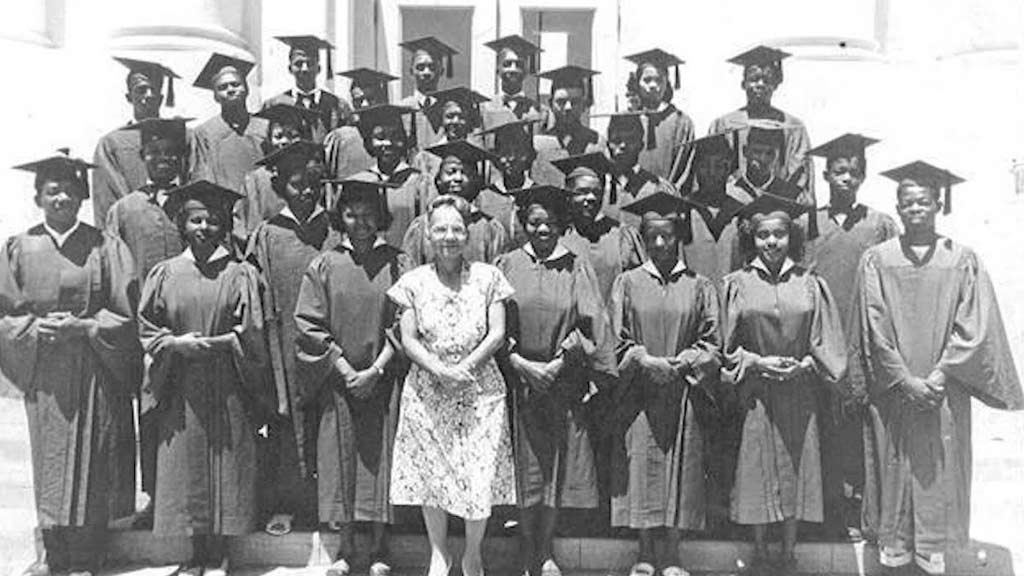
Black History Month provides a dedicated time to honor and celebrate the contributions, achievements, and rich cultural heritage of African Americans throughout American history.
It offers an opportunity to highlight the remarkable accomplishments of African American leaders, artists, activists, scientists, and inventors who have made profound impacts on society despite facing immense obstacles such as slavery, segregation, and systemic racism.
2. Carter G. Woodson’s Initiative
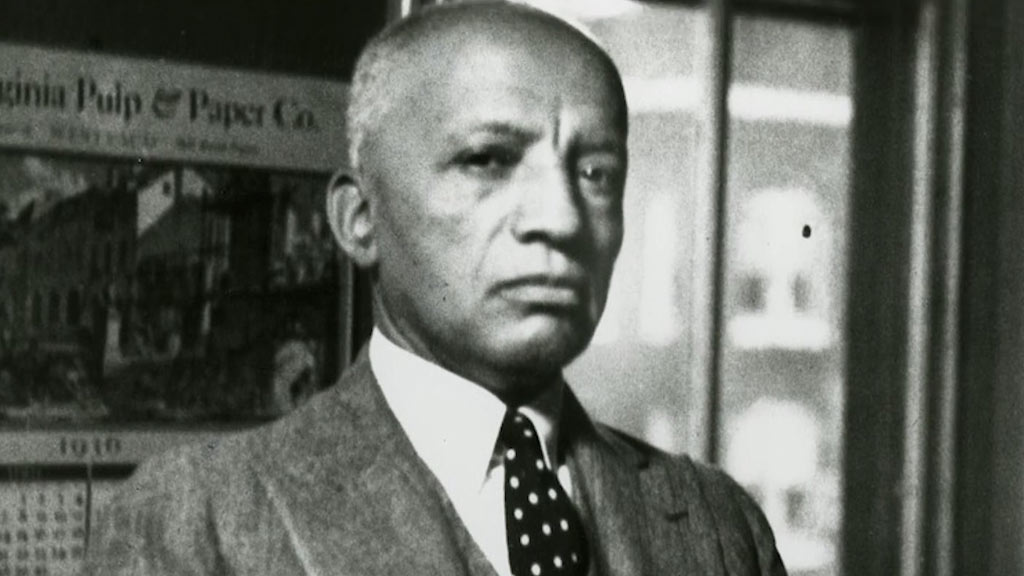
The origins of Black History Month can be traced back to the early 20th century when historian Carter G. Woodson and the Association for the Study of Negro Life and History (now the Association for the Study of African American Life and History) launched “Negro History Week” in 1926.
February was chosen to coincide with the birthdays of two prominent figures in African American history: Abraham Lincoln on February 12 and Frederick Douglass on February 14.
3. Recognition of Historical Significance
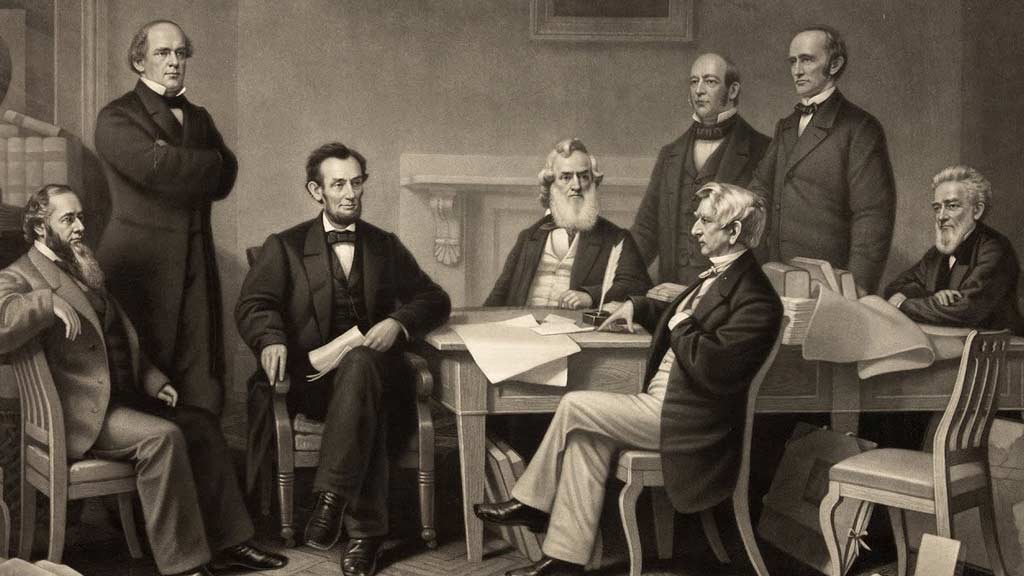
February also holds historical significance in the struggle for civil rights and racial equality. For example, in February 1865, the 13th Amendment to the United States Constitution, which abolished slavery, was officially proposed by Congress.
Additionally, significant events in the civil rights movement, such as the birth of the NAACP (National Association for the Advancement of Colored People) on February 12, 1909, and the Greensboro sit-ins in February 1960, occurred during this month.
4. Educational and Awareness Campaign
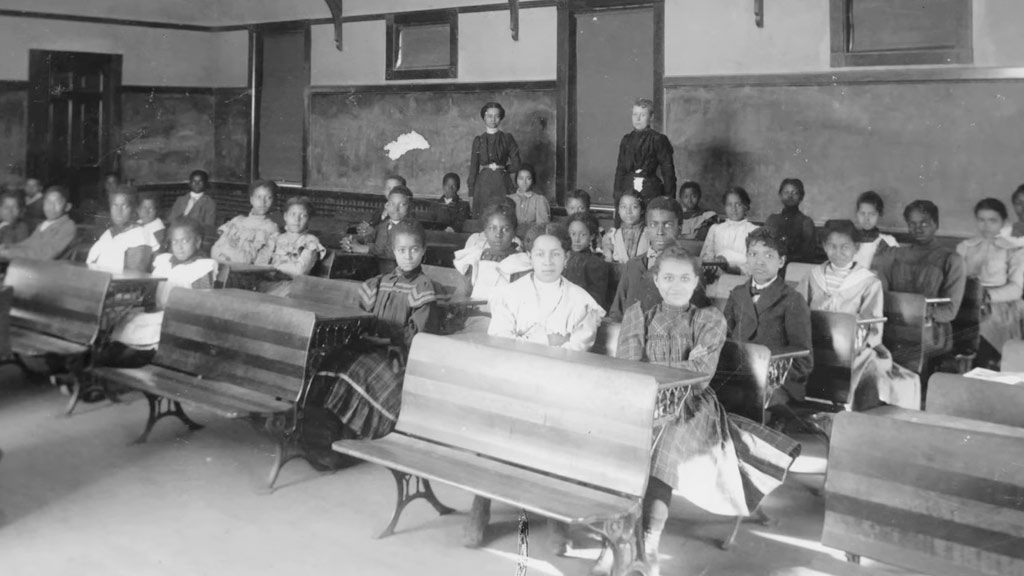
Black History Month serves as an educational and awareness campaign, fostering a deeper understanding of African American history, culture, and the ongoing fight for social justice.
It provides an opportunity for individuals and communities to learn about lesser-known historical figures and events that have shaped the nation’s narrative, promoting inclusivity and empathy.
5. Continuing Relevance

Despite significant strides towards racial equality, racial injustice and inequality persist in various forms.
Black History Month serves as a reminder of the ongoing struggle for racial justice and the importance of acknowledging and addressing systemic racism and discrimination.
It encourages dialogue, reflection, and action towards creating a more equitable and inclusive society for all.
6. Promotion of Cultural Awareness
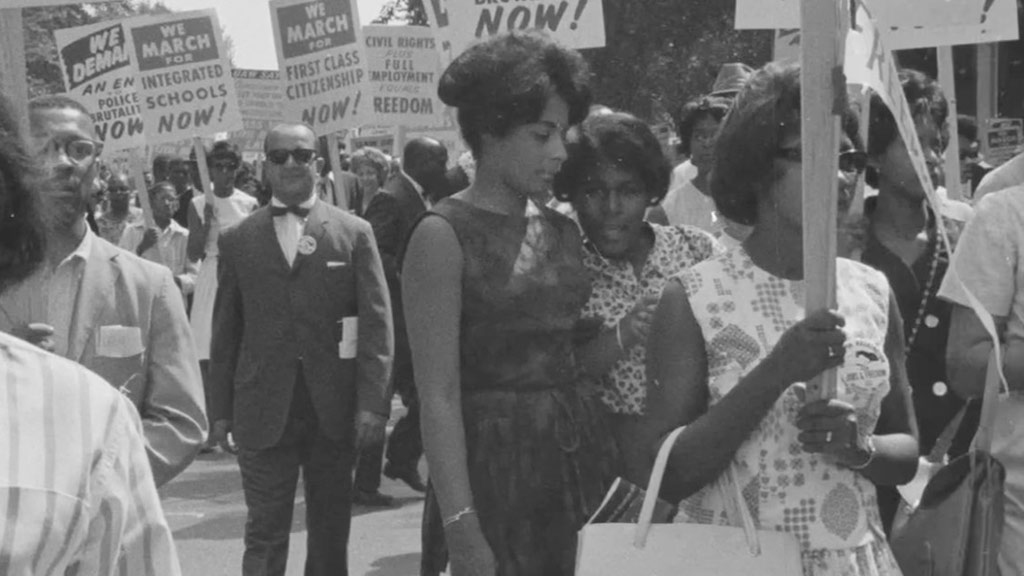
Black History Month promotes cultural awareness and appreciation by showcasing the diverse traditions, art, music, literature, and cuisine of the African American community.
It provides an opportunity for people of all backgrounds to learn about and engage with the rich cultural heritage of African Americans, fostering greater understanding and respect for cultural diversity.
7. Inspiration for Future Generations
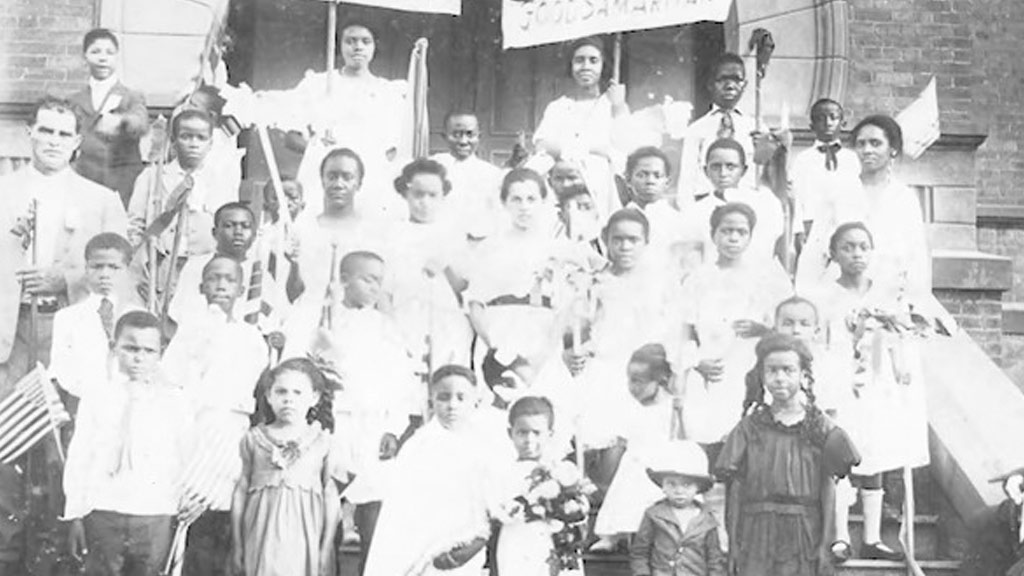
By highlighting the achievements and resilience of African Americans throughout history, Black History Month inspires and empowers future generations.
It encourages young people, especially African American youth, to take pride in their heritage, pursue their dreams, and strive for excellence in their endeavors, despite facing obstacles and adversity.
8. Platform for Social Justice Advocacy
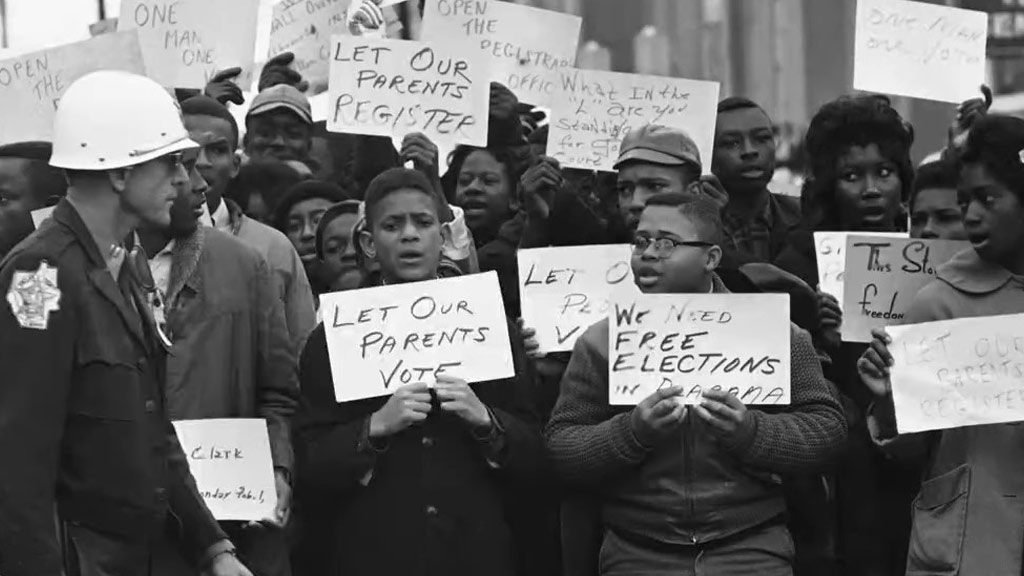
Black History Month serves as a platform for social justice advocacy and activism, raising awareness about ongoing issues of racial inequality, police brutality, mass incarceration, economic disparities, and other forms of systemic racism.
It provides a forum for discussing solutions, mobilizing support for policy reforms, and advocating for racial justice and equality in society.
9. Global Recognition
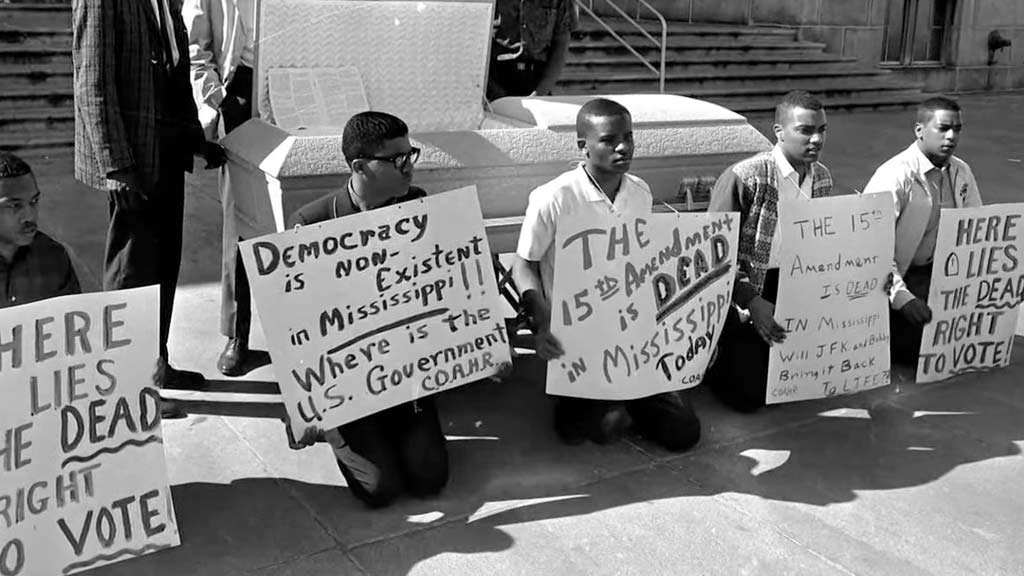
While Black History Month originated in the United States, its influence has spread globally, with many countries observing similar commemorations to celebrate the achievements and contributions of people of African descent worldwide.
This global recognition underscores the interconnectedness of African diaspora communities and the universal relevance of black history and culture.
10. Reflection on Progress and Challenges

Black History Month prompts reflection on both the progress made and the challenges that remain in the ongoing struggle for racial equality.
It encourages individuals and institutions to critically examine their roles in perpetuating or dismantling systems of oppression and to work towards creating a more just and inclusive society for future generations.
11. Intersectionality and Inclusivity
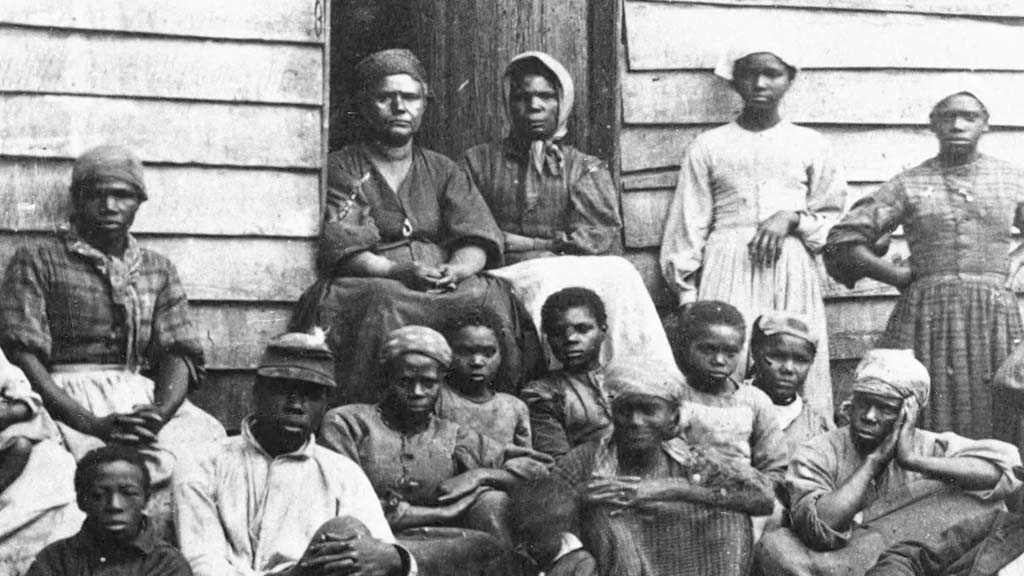
Black History Month recognizes the intersectionality of identities and experiences within the African American community, acknowledging the contributions of black women, LGBTQ+ individuals, immigrants, disabled individuals, and other marginalized groups.
It emphasizes the importance of inclusivity and solidarity in the fight against racism and discrimination.
12. Preservation of Historical Memory

Black History Month plays a crucial role in preserving and transmitting the historical memory of African American struggles and achievements to future generations.
By commemorating key events, figures, and movements in black history, it ensures that these stories are not forgotten and that the legacy of resilience and resistance continues to inspire future efforts for social change.
FAQs
Why is February chosen for Black History Month?
February was chosen to coincide with the birthdays of Abraham Lincoln and Frederick Douglass, two prominent figures in African American history.
It also aligns with the initiative started by Carter G. Woodson, who launched “Negro History Week” in February 1926.
What is the significance of Black History Month?
Black History Month serves as a dedicated time to honor and celebrate the achievements, contributions, and resilience of African Americans throughout history.
It provides a platform for educating, raising awareness, and promoting dialogue about the rich cultural heritage and ongoing struggles for racial equality.
How is Black History Month celebrated?
Black History Month is celebrated through various events, including lectures, exhibitions, performances, and community gatherings.
Schools, universities, cultural institutions, and grassroots organizations often organize programs and activities to highlight African American history, culture, and contributions.
Is Black History Month only observed in the United States?
While Black History Month originated in the United States, its influence has spread globally.
Many countries, including Canada and the United Kingdom, also observe similar commemorations to honor the contributions and achievements of people of African descent.
Why is it important to celebrate Black History Month?
Celebrating Black History Month is important because it provides an opportunity to recognize and amplify the often overlooked stories and experiences of African Americans.
It fosters a deeper understanding of history, promotes inclusivity, and encourages dialogue about racial justice and equality in society.
To Recap
February stands as an emblem of resilience, remembrance, and renewal in the United States, marked by the commemoration of Black History Month.
Through this annual observance, we acknowledge the indelible imprint of African American contributions on the fabric of our nation.
It serves as a beacon, guiding us through the annals of history, illuminating stories of courage, innovation, and perseverance against systemic oppression.
As we conclude this month-long reflection, let us carry forward the spirit of solidarity and activism, recognizing that the journey towards racial justice is ongoing.
May Black History Month not merely be confined to the pages of a calendar, but serve as a catalyst for collective action, dialogue, and progress year-round.
Jaclyn Lowe